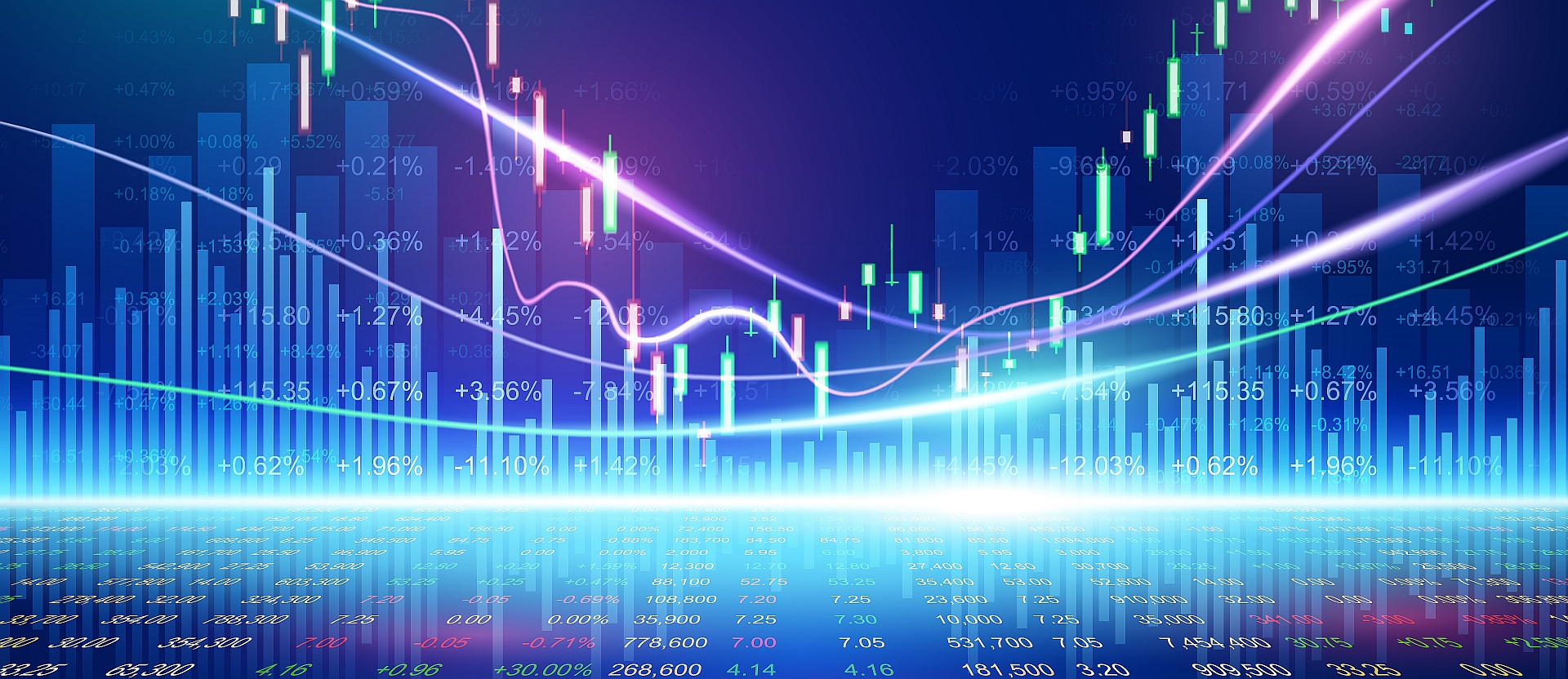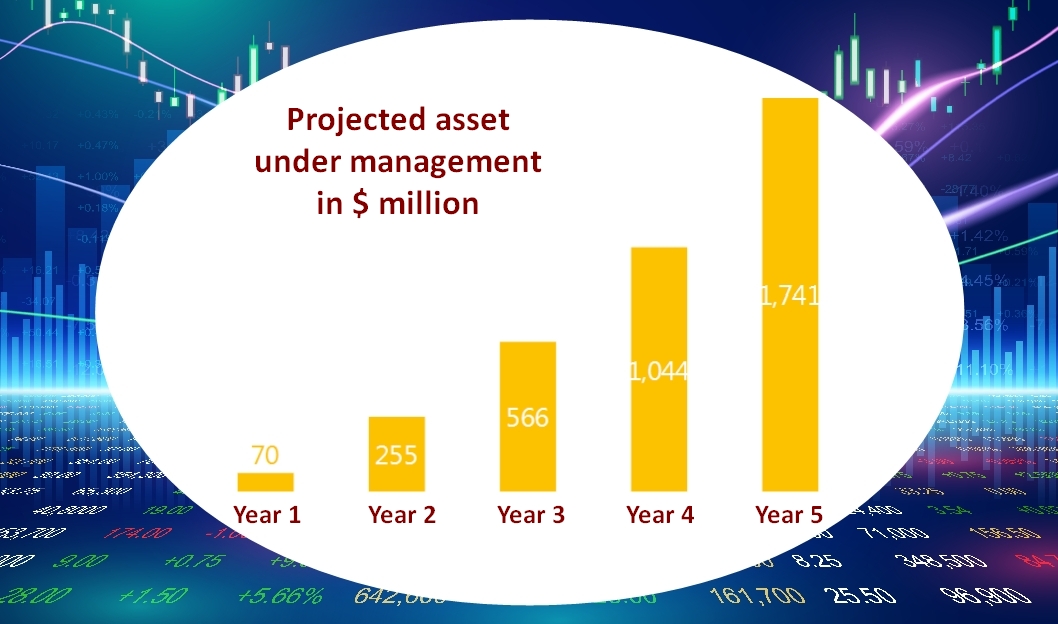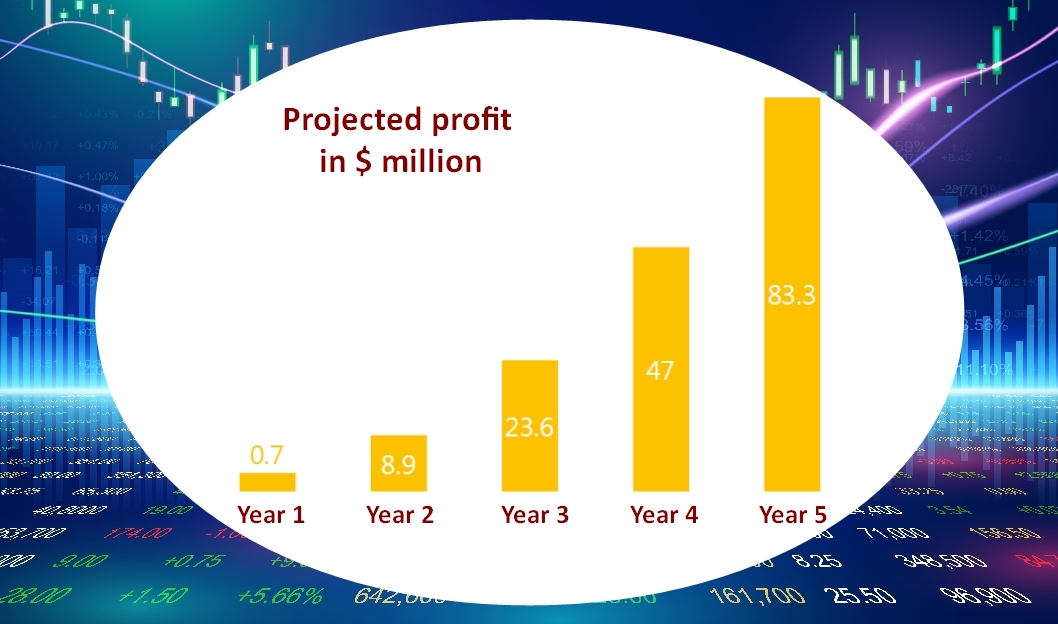

Alpha Iban Holding Ltd is the parent of future companies, which will be established with
goal to provide investors with minimum of 30% per year increase capital invested in
equity funds, higher than with 99% of hedge funds in the world.
Alpha Iban Holding Ltd will
1) set up 9 subsidiaries:
- an asset management company in Switzerland,
- EIF as a protected cell company in Gibraltar with 7 long/short hedge funds (Mega Cap, Large Cap, Mid Cap, Small Cap, Micro Cap, Healthcare, Technology),
- 7 subsidiaries with marketing activities in New York, London, Luxembourg, Switzerland, UAE, Singapore and Hong Kong,
2) invest own money in 7 funds to show potential investors achieved performances.
1) set up 9 subsidiaries:
- an asset management company in Switzerland,
- EIF as a protected cell company in Gibraltar with 7 long/short hedge funds (Mega Cap, Large Cap, Mid Cap, Small Cap, Micro Cap, Healthcare, Technology),
- 7 subsidiaries with marketing activities in New York, London, Luxembourg, Switzerland, UAE, Singapore and Hong Kong,
2) invest own money in 7 funds to show potential investors achieved performances.
Contact: info(at)alphaiban.com


.
Why?
There are great investors, traders, managers and advisers in and around
the stock market. The best of them are well known, not just in financial circles. But
there are many more of those who are
far from any success.
In summer 2014 Mallinckrodt acquired Questcor Pharmaceuticals for $ 5.8 billion (charts courtesy of barchart.com):

In summer 2014 also Whiting Petroleum acquired Kodiak Oil & Gas Corp. for
$ 6.2 billion.
These two acquisitions are great examples that there are too many incompetent
directors, managers, analysts and advisers because it was possible to acquire Questcor
for only $ 25 - 50 million in 2007 and Kodiak for only $ 100 – 200 million in 2009. And
nobody sized the opportunity even later, when their market capitalization was $ 500
million or a $ billion.
The consequences of these crazy acquisitions are very well seen nowadays.
The price of the Malinkrodt's stock at the time of Questcore's purchase was $ 80, and in
October 2020 it was only $ 0.14, while the price of the Whiting Petroleum stock at the
time of the Kodiak purchase - adjusted to the reverse split in 2020 - was $ 1,650, and in October 2020 only $ 14-17.
After the Questcor and Kodiak deals – when Pharmacyclics' market
capitalization was around $ 10 billion – it was easy to predict Pharmacyclics will be
one of the next insane acquisition targets, although in 2009 it was possible to buy the
company for only $ 100-200 million and in 2011 for only $ 400-800 million, but nobody
sized the opportunity. The news arrived in March 2015 – AbbVie will buy Pharmacyclics
for even $ 21 billion!

But that's just the tip of the iceberg. It can be added the $ 850 billion
giant Abu Dhabi Investment Authority's disastrous investment in City-group warrants
(2007), although ADIA has very qualified professionals. The founder of the Alpha
Iban Holding already on the day when the news published knew ADIA will lose entirely $
7.5 billion. After 12 months ADIA really lost $ 7.5 billion.
In 2008 NovaGold - 50% owner of one of the largest gold deposits in the
world - nearly went bankrupt and none of the big individual and institutional investors,
working with billions of dollars, concluded that the shares were almost free as the
price dropped from $ 20 to $ 0.45. The company was only saved thanks to a group of small
bankers who invested $ 70 million, so in two weeks the price rose to $ 2.95 and in two
years to $ 16.90!
Is it worth mentioning the Lehman Brothers catastrophe? How many formally high qualified
professionals had Lehman Brothers? Only the risk managers – 30.000!
Or that Norges Bank Investment Management, which manages a $ trillion
sovereign fund and where nobody can get a job without a master’s degree, has a poor
average 15 yearly performance only 3.7% after management fees, much less than S&P 500
index?
Or that Singapore's sovereign investment fund GIC, that manages $ 440
billion, has similar results: the annualized 20-year rate of return only 4.0%?
Or that Barron’s published a study showing the performance of big and
famous firms' "focus list" stock recommendations for 2014 - Bank of America, Merrill
Lynch, Goldman Sachs, RBC Capital Markets, Wedbush Securities and Stifel Financial
Management all underperformed the S&P 500, and Wedbush and Stifel actually posted
negative returns?!
Or that influential Goldman Sachs at the end of 2015 did not know what is
going on and what will happen in 2016 – Goldman made 6 top trade recommendations for
2016, but already on 9 February 2016 gave up and deleted 5 of them?!
Or that approximately 90% hedge and mutual funds permanently underperform benchmark S&P
500 index, and many funds have permanent negative returns. In 2019 S&P 500 had a stellar
gain 28.9%, but hedge funds returned only 6.96% on average.
This chart about buyback programs in the USA is the best example of
incompetent and insane behavior. With shareholders' approval, top managers and directors
unnecessarily spent trillions of dollars buying the shares of their companies when the
prices are the highest instead when the shares are the cheapest. No one manages a home budget that way!

All in all, it is obviously that many (not all, of course!) top investment
directors, managers, analysts and advisors worldwide have tons formal qualifications a
la all sorts license series, CFA, CFP, CAIA, CPA certificates or MBA diplomas, but they
too often act foolishly because they have no elemental sense of judgment, let alone
broaden macroeconomic insight.
The logical consequence of many years of monitoring the US stock market
was the idea of creating a financial project that will give investors in equity funds an
above average return.
The preparations lasted almost 5 years. In the process, the idea was
double-checked. The first it was created 9 portfolios with more than 1,000 companies on
the US stock market, selected according to the specific criteria, and then they were
activated on paper in February 2016.
For two years only minimal changes were made within the portfolios,
replacing less than 10% of companies because some companies were headed in the wrong
direction. In February 2018 the portfolios' results were fantastic.
For the next two years, intentionally nothing was changed within the
portfolios and in February 2020 the results were expectedly worse. However, despite
giving up any changes within the portfolios, all portfolios after 4 years had a
respectable gain.

Although past successful performances are never a guarantee of future success, they are
an encouraging sign for desired future financial business.
Alpha Iban Holding's wholly owned subsidiaries will prove that the
outstanding success of an investment fund depends only on three factors: exceptional
management, extremely careful selection of companies and especially proper timing.
Alpha Iban Holding
Ltd,
all rights reserved. 2020